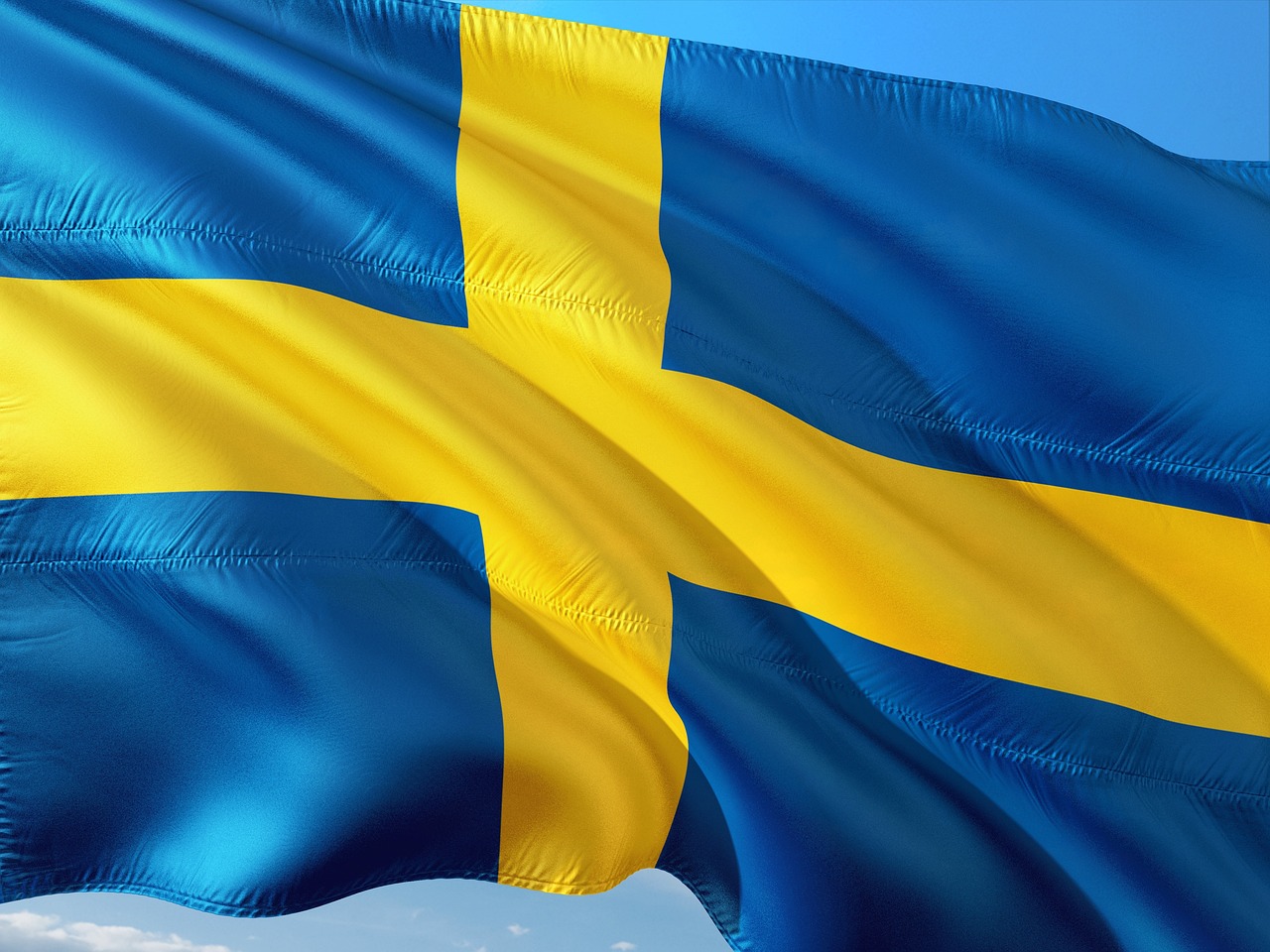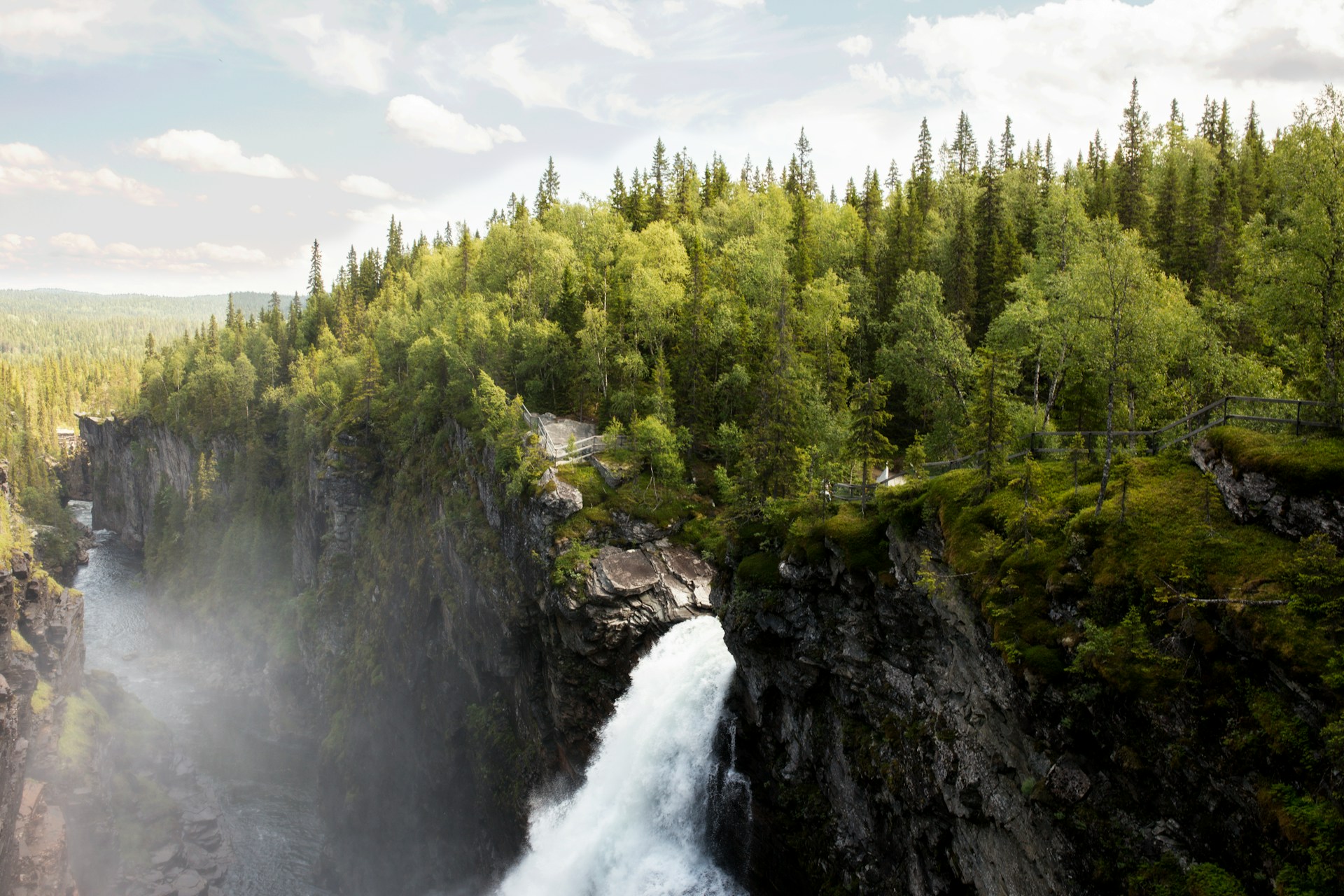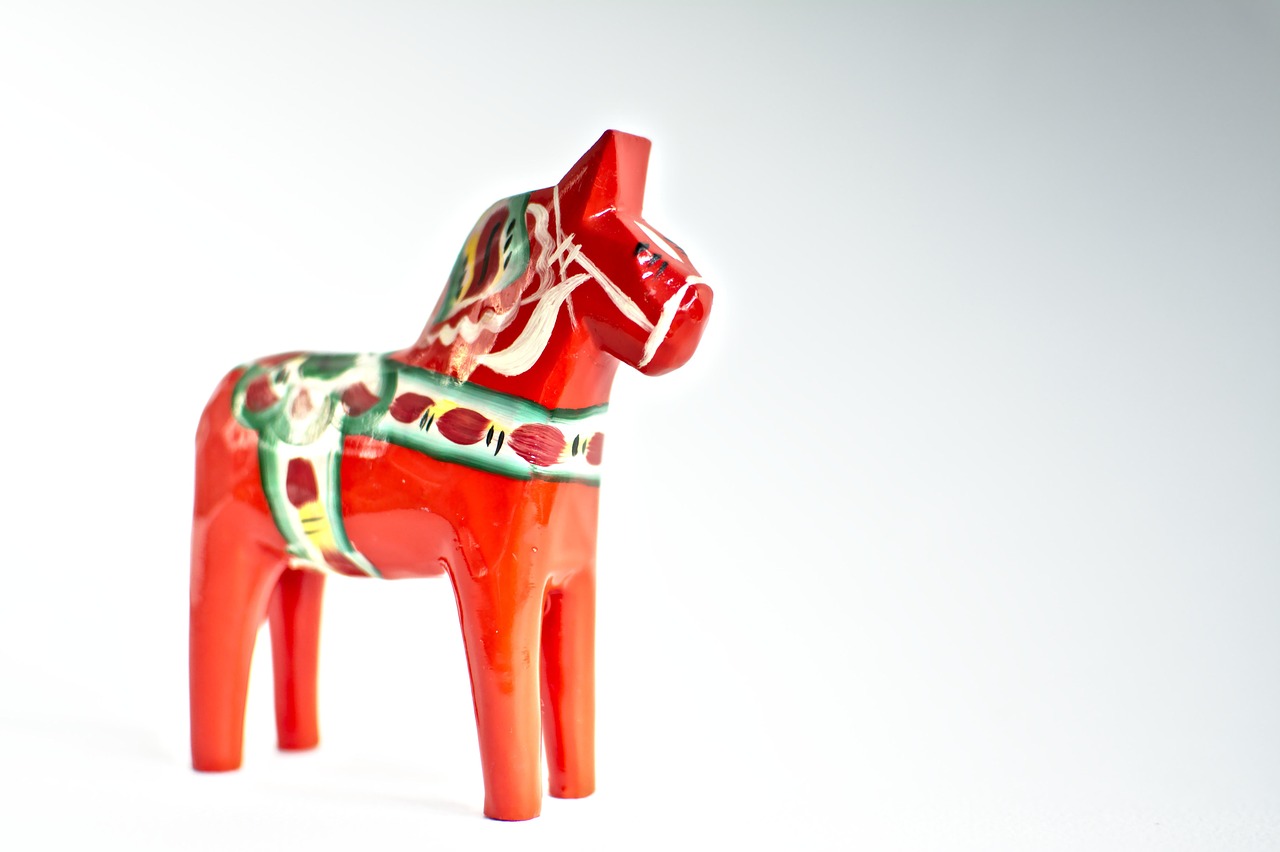10 Interesting Facts You Should Know About Sweden
This article consists of 10 interesting facts or things you should know about Sweden, a beautiful Scandinavian and Nordic country situated in Northern Europe.

The flag of Sweden. Image source: www.pixabay.com
10. Sweden is the most populous Scandinavian state, with a population that surpassed 10.5 million people (as of 2025). Sweden is thus the 10th most populous country of the European Union (EU) and the 15th most populous one in Europe overall.
9. Back in ancient times, the country’s name was Svithiod or Svitjod (after the Svears, an old name for the Germanic tribe of the medieval Swedes who inhabited the region of Svealand).
8. Aside from Swedish, the official language of the country and one of the most spoken (North) Germanic languages, another lesser known North Germanic language, more specifically Elfdalian (known as Övdalian as well), is also spoken in the country, but by a relatively small number of circa 3,000 native speakers. This particular language is closely related to Old Norse from which it is descended. It is spoken by the natives of Älvdalen locality, Älvdalen Municipality, Dalarna landskap (or historical province) in the central-southern part of Sweden.
7. The Swedes have a reputation for being tech-savvy, intelligent, and practical (I’ll give the popular example of IKEA here) which I can clearly say is obviously true and accurate.
6. Sweden is a highly forested country with beautiful mountainous landscapes as well. The total percentage of land covered by forests in Sweden amounts to 70%.

Waterfall close by a forest in Gäddede, Strömsund Municipality, Jämtland landskap/county (historical province), central Sweden, as photographed by Jon Flobrant. Image source: www.unsplash.com
5. The Swedish Vikings went generally east during the Viking Age, sailing across the rivers of Eastern Europe towards the Black Sea and even reached the Caspian Sea. Given their talent and technique in military regards, they were also drafted in the Varangian Guard, the elite protection unit of the Byzantine army which was tasked with defending the Byzantine emperor and the imperial family. In addition to being skilled warriors, the Swedish Vikings were also skilled navigators, craftsmen, and traders.
4. Stockholm, the biggest Scandinavian capital in terms of population, has been the country’s capital continuously since the year 1523. Stockholm is also the largest urban area in Scandinavia, above Copenhagen, the capital of Denmark. Additionally, Sweden generally has more populous cities and towns compared to its Scandinavian neighbours.
3. The Dalahäst (i.e. Dala horse) is an unofficial symbol of Sweden. It can be found both in miniature as well as in bigger forms across Sweden. The origins of the Dala horse are from Dalarna County. Dala horses are painted in rose-painting styles and are made of wood.

Dala horse, an unofficial symbol of Sweden, a wooden painted horse. Image source: www.pixabay.com
2. Sweden’s men’s national football team finished third twice in the FIFA World Cups, more specifically in the 1950 and 1994 editions.
1. Sweden has a varied and complex music scene, with artists and bands ranging from the genres of pop (e.g. ABBA, one member of the band is Norwegian, or Ace of Base), rock (e.g. Europe, Roxette, The Cardigans), jazz (e.g. Esbjörn Svensson Trio, my most favourite Swedish jazz band), Eurodance (e.g. Rednex), and beyond.
Two bonus facts about Sweden:
- One particular thing which you might want to avoid when it comes to Sweden is Surströmming (i.e. strong fermented herring), all the more if you are not into eating fish. Believe me, you’ll thank me (and yourself) later.
- One particular thing which you might want to do when it comes to Sweden and Swedish culture (if you are there or even elsewhere in the world), is to try out their cozy tradition called Fika which is essentially a well-deserved coffee and snack break (ideally a cinnamon bun, but not only as there are many other options for a Fika treat which you can discover here).
Documentation sources and external links:
- Sweden on www.britannica.com (the online version of Encyclopædia Britannica online)
- Elfdalian Language Helps Norse Historians on www.languagemagazine.com
- Övdalian on www.wikipedia.org (in English)
- List of urban areas in the Nordic countries on www.wikipedia.org (in English)
- Dala horse on www.wikipedia.org (in English)
- Sweden men’s national football team, competitive record section on www.wikipedia.org (in English)
- Facts & figures – Sweden’s forest industry in brief on www.forestindustries.se (in English)
- Demographics of Sweden on www.wikipedia.org (in English)

